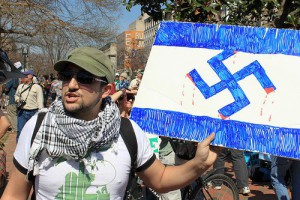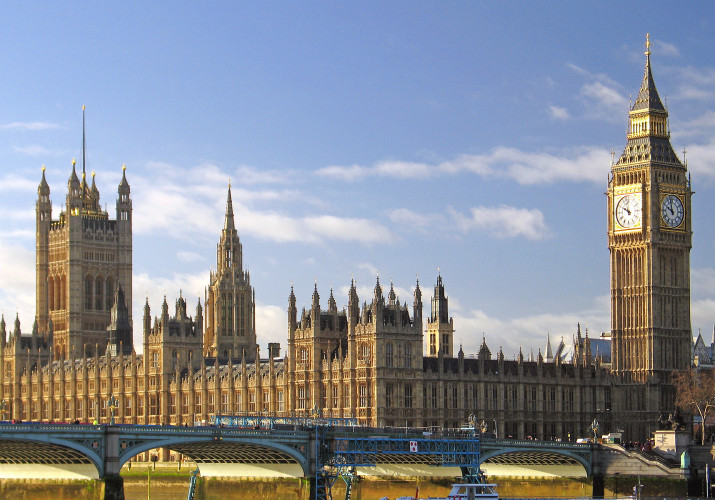Within the hotbed of the Middle East, there is one Nation upholding the western values of democracy, individual rights and equality: Israel. Yet across Europe and North America grass roots movements are mobilizing against the Jewish State. Behind the scenes are Islamist fundamentalists, steering the course of an international effort poised to isolate and cripple Israel.
The BDS (boycott divest sanction) is a campaign started in 2005 and dedicated to isolating Israel economically and politically from the international community. According to supporters of BDS, the movements aim is to pressure Israel into retreating from occupied Palestine and allows Palestinian refugees the right of return. It is estimated, that the BDS sanction policies are costing the Israeli economy around 8 billion dollars every year and the trend is upwards. The BDS movement sees itself as the heir to those who fought apartheid in South Africa with similar means, yet a look behind the facade of their social justice image reveals their anti-Semitic agenda.
During the second intifada Palestinians tried to mobilize global support for their cause internationally. The strategy was to portray Israel as an aggressor and Palestinian terrorists as resistance fighters. This shift in narrative is supposed to swing the momentum in favor of the Palestinian cause to reclaim land and thus achieve on a political level, what Jihadis could not. A key tool in achieving attention and support for the movement is to blacklist the state of Israel as a fascist nation in the tradition of the Nazis. This perverted inversion of history is supposed to equate the atrocities of Auschwitz to the situation in Gaza and paint the Jews as the new Nazis, serving both as defamation of the IDF and added insult.
Echoing the propaganda are university organizations all across the western world. Pressuring academic institutions into boycotting Israeli universities and goods, groups like “Students for Justice in Palestine”(SJP) or the “Muslims Student association”(MSA) execute the agenda of the Muslim brotherhood in American universities.The key organizations behind pushing the BDS campaign on college campuses all have connections to Islamist terror organizations. Anwar al Awlaki was head of MSA at Colorado University and later joined Al-Quaida in Yemen where he was killed by a drone strike in 2012. Amir Abdel Malik Ali, who speaks at events of SJP in favor of the BDS movement, has publicly called for jihad against Jews. Hatem Bazian, the Co-Creator of SJP is a member of the Muslim Students Association of the U.S. and Canada, an umbrella organization of the Muslim brotherhood. Through a careful network of proxies, Hamas and the Muslim Brotherhood have managed to set foot on American campuses and spread their propaganda.
In 2013 the American studies Association chose to boycott Israeli academic Institutions,More shockingly, many Governments State pensions now refuse to cooperate with Israeli business employees, such as the government of Norway and Ireland.Famous supporters of the BDS movement include Stephen Hawking, Noam Chomsky and Desmund Tutu. Multiple trade unions from all around the globe have pledged their allegiance for the cause of isolating the Jewish state.
The BDS movement is indeed walking in the footsteps of a great boycott movement, it is, however, not like the struggle against apartheid South Africa, but more like the boycotts endorsed by the Nazis in 1938 calling up people to “Kauft nicht bei Juden” (Don’t buy at Jews). As South African MP Kenneth Meshoe said “Those who know what real Apartheid is, as I know, know that there is nothing in Israel that looks like apartheid… the BDS movement is a real pain… to us in South Africa who love the truth.”






